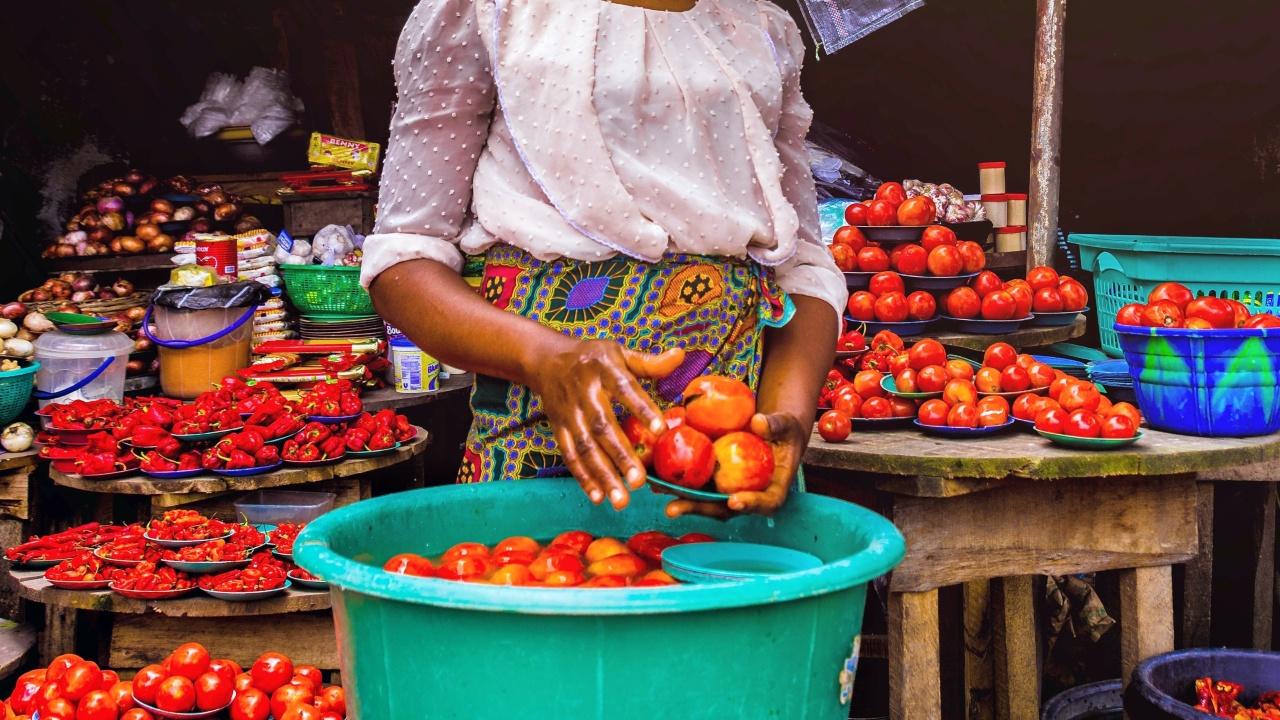Political parties in Africa are known to forge clientelist rather than programmatic ties to voters, but this does not necessarily mean that parties reward strong ties with local constituents. Research in Nigeria suggests that lawmakers seeking to advance their political careers are incentivised to direct public resources to senior party elites, starving needed development funds in favour of advancing private interests.
With the third wave of democratisation, parliamentary institutions in many African countries were re-introduced after long bouts of military rule, or strengthened after taking a subordinate role in one-party regimes. Political aspirants now compete both within political parties and at the polls for a seat in parliament and, often, MP turnover rates are high. Competition is thus real, but especially situated within parties themselves.
High turnover raises questions as to how parliaments gain strength vis-à-vis incumbents – who certainly do tend to stay in power – and how MPs increase their electoral prospects. In this post, I focus mainly on the latter question, drawing on a recent paper on MP re-election in Nigeria in the context of reputations for clientelism.
Empirical research on legislator-constituent ties in Nigeria
When asked, many African MPs stress the importance of constituency service for re-election. This is the case in Nigeria, but also in a wide range of other countries (see Anja Osei’s cross-national research on African parliaments). Most argue that what they do in parliament, including their law-making and oversight activities, is not on the minds of the electorate, which rather wishes for MPs to bring development to their districts. Following this discourse, we could expect MPs to compete in delivering development (such as roads, schools, hospitals) to gain the favour of voters.
This idea fits the well-known image of African ‘big men’, who display personal wealth while being respected and celebrated in the community for sharing their riches. While familiar, the image is not without its flaws. Empirical research on MPs – as reviewed in the paper – shows that while MPs in some countries do devote substantial attention to constituency service (e.g. Kenya, Tanzania), MPs in other countries shirk on this task (e.g. Ghana, Uganda). In Nigeria, it is particularly hard to reconcile the image of development-bringing MPs with high citizen contempt of parliament (see Afrobarometer data) and a continuous stream of media reports challenging MPs’ self-serving and corrupt behaviour.
My own empirical research further demonstrates weak legislator-constituent ties in Nigeria, stemming from the fact that political parties do not incentivise their candidates to bring development to their districts. Building on a dataset I compiled of 8th National Assembly MPs (2015-19), I first of all found that most MPs did aim to either retain their seat in the 2019 elections or vie for new elected positions. This is important as it indicates that MPs behaviour can be understood as electorally motivated and that a term in office is not just about maximising rents before quickly leaving.
Second, I found that the chances of emerging as the party candidate for a seat are not influenced by MPs’ attention to their districts through their activities in parliament. Bills and motions that target constituencies are a commonly used indicator in comparative politics to measure lawmakers’ personal vote-seeking among constituents. In Nigeria, however, MPs are not rewarded for this legislative attention.
Third, and arguably more important in contexts of poverty, Nigerian lawmakers barely bring back development to their districts. While they have among the most sizable resources in terms of constituency allowances and constituency development funds (CDF) compared to other developing countries, these resources are rarely used to benefit citizens in general. I rely on data on the execution of CDF projects from a Nigerian NGO, BudgiT, to show that MPs show great reluctance to bring projects to completion, that projects get dragged on for years, and that if projects are completed, the costs often do not align with the end-result.
Where does the power lie?
Of course, money remains important in elections, especially in Nigeria, and MPs vying for re-election need sizable sums. But who benefits? I argue that most benefits accrue to senior political elites or ‘godfathers’. They largely fund the campaigns of candidates of their choosing, and in return receive access to state coffers. Most embezzlement serves these elites, as well as the candidates themselves.
Other beneficiaries are party clients, who expect to profit from MP disbursements in return for providing electoral support. Interestingly – and in contrast to Kenya, for example – most CDF projects in Nigeria actually cater to private interests rather than being aimed at public infrastructure. ‘Empowerment’ programmes that distribute motorcycles, sewing machines and so forth are run by MPs themselves, which allows them to reward their supporters.
The findings are important for debates on democratisation and institutionalism. For one, since Nigeria’s transition into the Fourth Republic in 1999, power remains concentrated in the hands of senior political leaders regardless of electoral competition. Even the use of primaries, which in other contexts has been associated with more competition and the emergence of leaders with mass ties, does not undermine the strength of godfathers. Furthermore, the use of Single Member Districts, often argued to promote strong lawmaker-constituent relations, does not foster these ties in the country. Institutional differences may of course still matter and, for example, explain differences between countries like Kenya and Nigeria, but this requires further research.
The findings also contribute to debates on African political parties. To emerge as a candidate in Nigeria, it is key to cater to the interests of party stalwarts and foot soldiers, while personal relations with voters matter less. Parties are often firmly in control of their districts, and as long as no major factional rifts take place, as with the emergence of the ruling All Progressives Congress party, they control the outcome: ‘80-85% vote for the party, whether they like you or not’ (MP interview).
This nuances claims of party weakness in Africa and the view that politicians rely on personal relations to voters. Emerging as the party candidate is tricky – not because aspirants fail to serve constituents’ high demands, but likely due to competitors outbidding each other to reach political office, and senior elites managing the process to support loyal candidates. At the same time, it prevents candidates from forming alternative power bastions.
Photo: President Buhari addresses Plenary. © European Union 2015 – European Parliament. CC BY-NC-ND 2.0.





